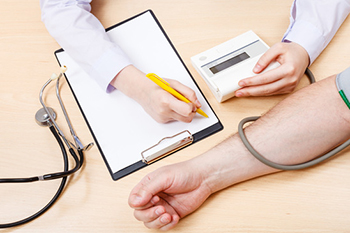
- Serious Adverse Event (SAE) Management and Suspected Unexpected Serious Adverse Reaction (SUSAR) Reporting
- Distinction between Investigational Medicinal Product (IMP) and non-Investigational Medicinal Product (NIMP)/Auxiliary Medicinal Product
- Development Safety Update Reports (DSURs)
- Signal Management
- Data Safety Monitoring Boards (DSMBs) and
- Narrative generation for Clinical Study Reports
The advantages consist of the accuracy of the collected data and the possibilities for verification. Disadvantages on the other hand include the fact that only relatively few patients are treated – in a somewhat ‘artificial’ setting with restrictions as to concomitant diseases and medications. And, actually, how should you deal with blinded data?
Our experience does not only allow for correct reporting of individual cases as well as submission of periodic reports in a timely and technically correct manner. In addition, we support you in including the right data into your Investigator’s Brochure, in organising reasonable cross-reporting in complex study programmes und in keeping oversight of the safety profile of you product.
In phase III studies, at the latest, it makes sense, to keep an eye on the Risk Management Plan (RMP), both, with respect to formats of the data compilations as well as to their contents. We help to evaluate the safety profile of your product and point out to you what it would look like in the RMP. And this before it is too late, to influence the characteristics of the ‘safety issues’.


